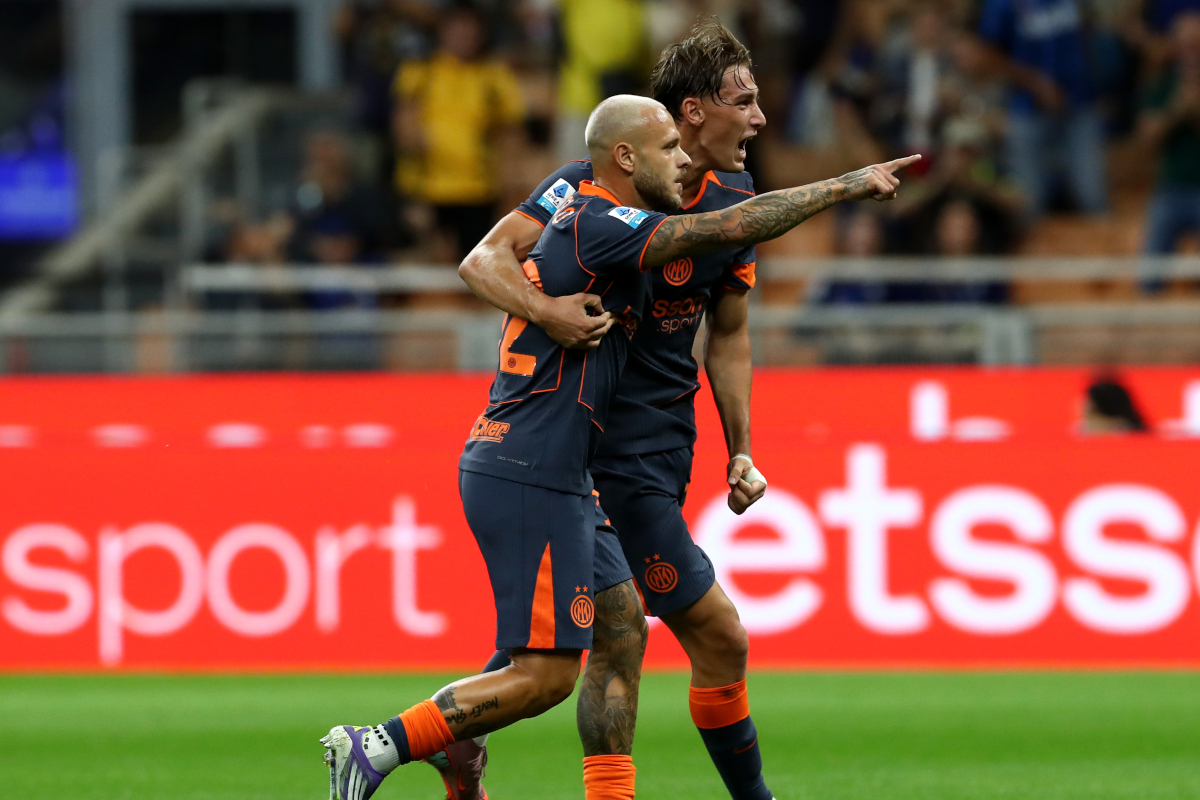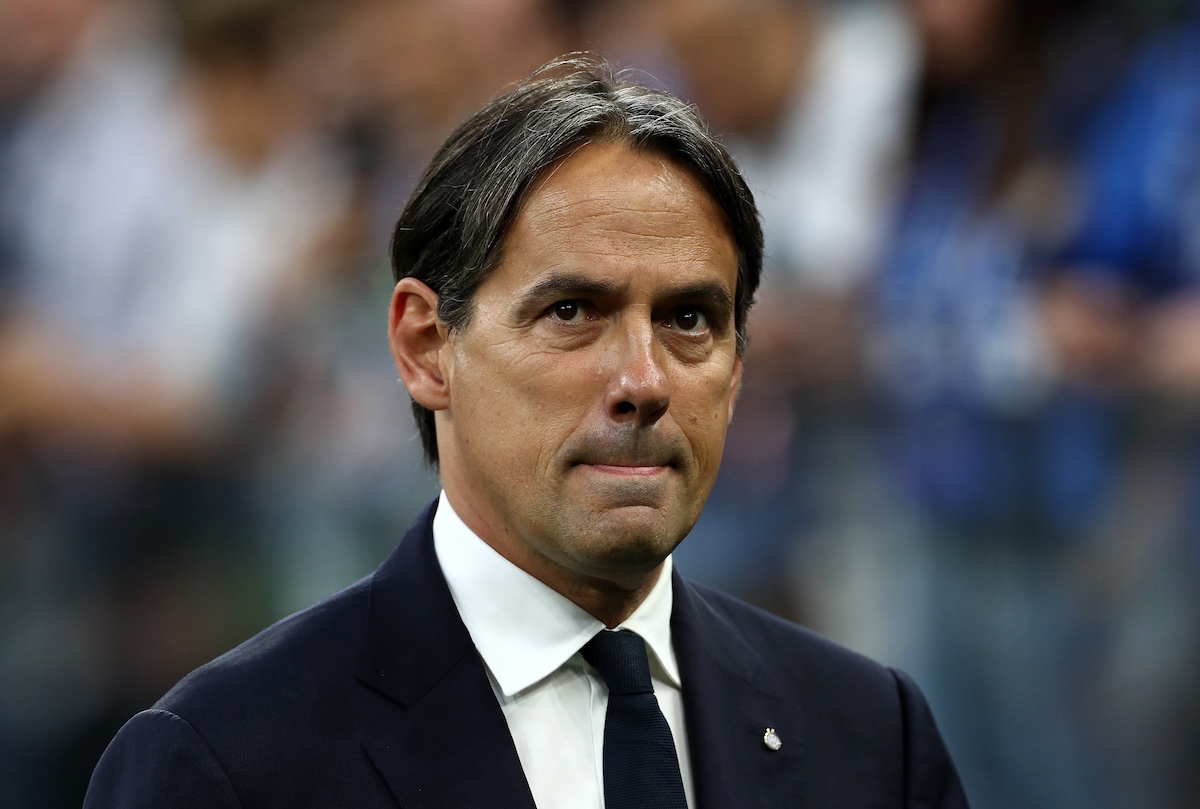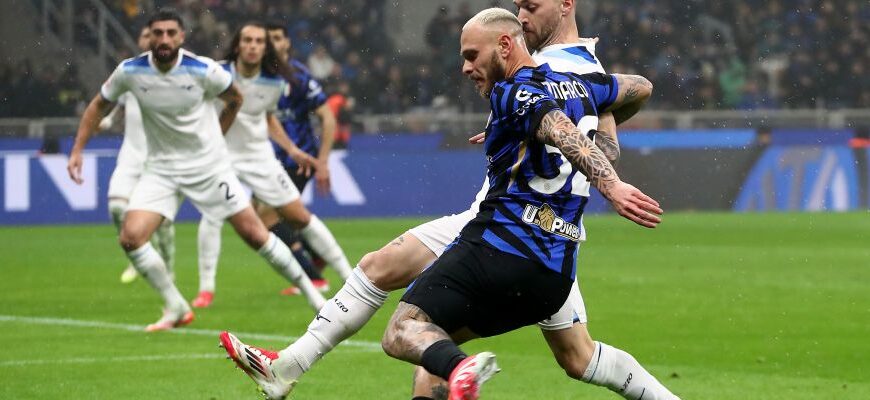In the high-stakes world of professional football, every minute on the pitch is a battle, a showcase, and crucially, an opportunity for growth. Recently, Inter Milan`s dynamic wing-back, Federico Dimarco, offered a candid glimpse into the often-unspoken psychological and developmental challenges faced by players, specifically highlighting his experience under former Nerazzurri head coach Simone Inzaghi.
The “60-Minute Conundrum”: A Player`s Perspective
Dimarco, now a crucial figure for Inter, articulated a sentiment that resonates deeply with many athletes: the yearning for consistent, full-match exposure. His core complaint? The routine substitution around the 60-minute mark. “You can only prepare for matches by playing. Coming off on the 60th minute a lot of the time was difficult to grow. I’m playing more this year, and it shows,” Dimarco stated, reflecting on his past season. This isn`t merely a lament about playing time; it`s a profound statement on the very mechanism of a player`s evolution.

For a professional footballer, the final third of a game is often where character is forged, where tactical lessons are truly absorbed under pressure, and where fitness thresholds are pushed. Being consistently withdrawn before this critical period can feel like being perpetually held back from the final exam. It stifles the chance to manage game states, to find a second wind, or to impact the decisive moments – all integral components of developing game intelligence and resilience.
The Coach`s Gambit: Tactical Necessity vs. Individual Growth
From a coach`s perspective, substitutions are powerful tools: they can inject fresh legs, alter tactical setups, manage fatigue, or protect players from injury. Simone Inzaghi, like any top-tier coach, operates within a complex ecosystem where winning is paramount, and individual player development, while important, often must yield to the immediate demands of a result. His decisions likely stemmed from a strategic calculus designed to maximize team performance across multiple competitions.

However, Dimarco`s comments subtly highlight the inherent tension between these two objectives. When a player, particularly one in a physically demanding role like a wing-back, is routinely singled out for early withdrawal, it can chip away at confidence and create a perception of being a “60-minute player” rather than a full-match contender. The irony is not lost: coaches train players tirelessly for 90 minutes, yet sometimes the most valuable lessons are learned by enduring the full duration of the competitive crucible.
Finding Confidence and Embracing New Philosophies
Dimarco also admitted to lacking “confidence on a personal level” in recent weeks, a testament to the delicate mental state of athletes. However, he quickly juxtaposed this with the positive impact of increased game time this season. This speaks volumes about the direct correlation between sustained minutes on the pitch and a player`s self-belief and performance levels.
Under a new coaching philosophy, which Dimarco noted involves playing “vertically a lot more,” while retaining the “base that we’ve had for the last few years,” he seems to be thriving. This shift suggests that beyond just minutes, the style of play and the trust implicitly granted by a coach allowing a player to complete games are equally vital for holistic development.
The Broader Dialogue: What Does It Mean for Football?
Dimarco`s honest appraisal isn`t just about one player or one coach; it opens a broader dialogue about player management in modern football. How do clubs balance the need for squad rotation and tactical flexibility with the individual player`s fundamental requirement for consistent game time to truly hone their craft? It`s a question without a simple answer, often dictated by the unique circumstances of a team`s schedule, ambitions, and depth.
Ultimately, Dimarco`s journey underscores a universal truth: for a player to truly “grow,” they need not just training and talent, but also the sustained opportunity to perform, to err, to learn, and to triumph over the full ninety-plus minutes of football`s unforgiving clock. It`s in those final, gruelling moments that a player transforms from merely participating to truly owning the game.








